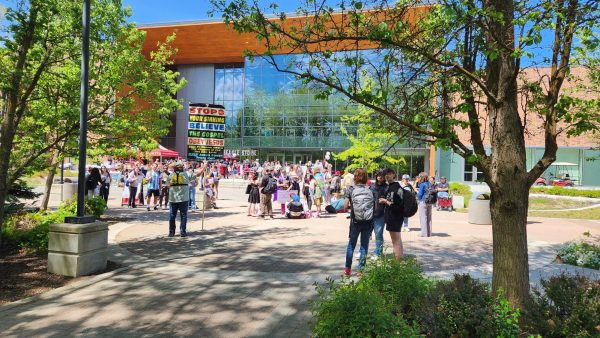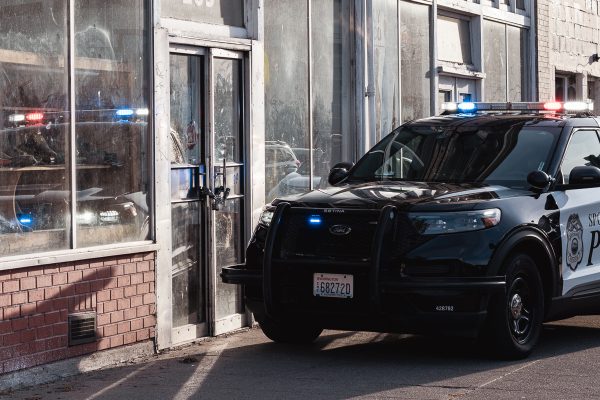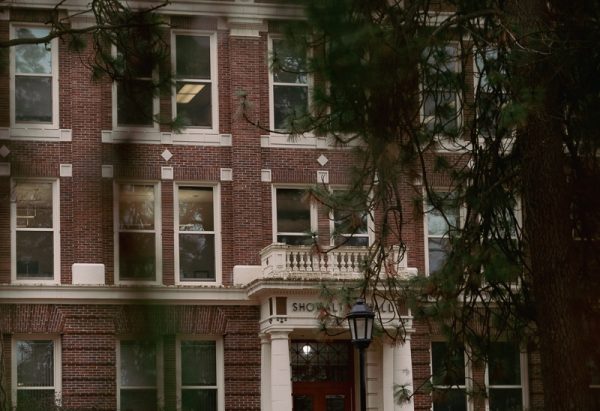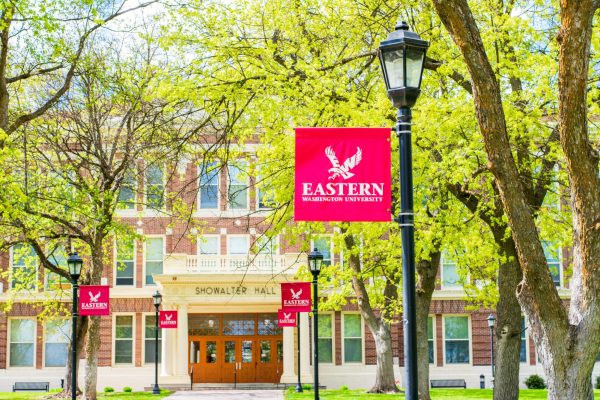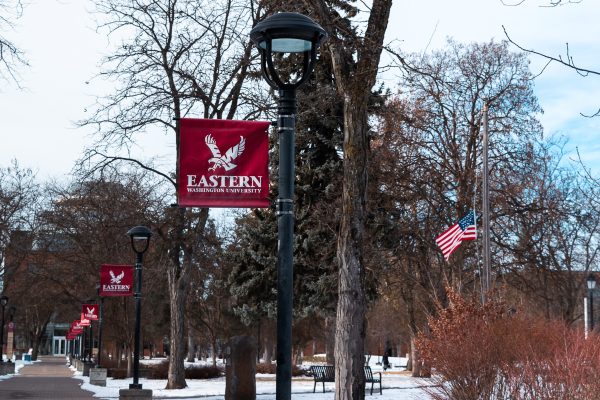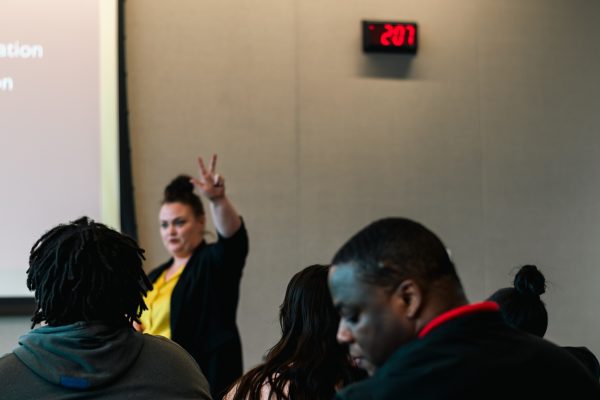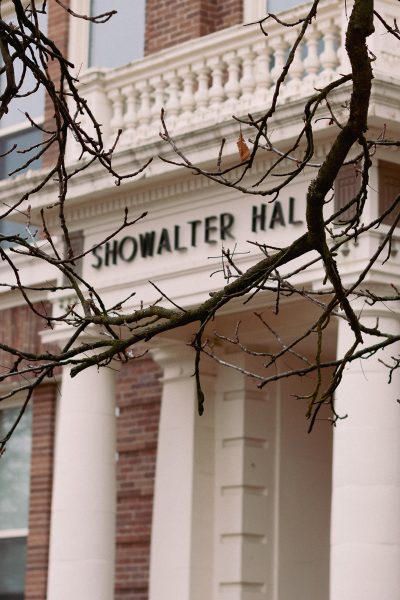New victim advocate comes to Cheney
May 2, 2013
The city of Cheney, which has never had a violent crime victim advocate before, contracted with Ginger Johnson of Abuse Recovery and Ministry Services in January to provide victim advocate services for the city, according to Johnson.
Abuse Recovery and Ministry Services is a national organization that provides support and advocacy for victims of violent crimes as well as classes for male and female abusers.The Cheney advocate position is volunteer, but a contract was needed to cover liability issues, the scope of services provided, privacy and information-sharing and other legal requirements, Johnson said.
Johnson graduated from EWU with an interdisciplinary studies degree focused on counseling, developmental psychology, the humanities,

economics and communications. She earned her graduate degree at Gonzaga.
“The city of Cheney has been looking for a victim advocate for approximately five years and has not been able to find any funding or anyone willing to come out,” Johnson said. “When they heard I was willing to come out, they met with me right away.”
Michelle Helmerick, the new victim advocate at Eastern, said, “Campus police can work with the Cheney advocate, but we’ve had an advocate on campus for a long time. That’s been our protocol: The police and the advocate work closely together.”
Johnson advocates for victims of violent crimes. She said that most of her cases are about domestic violence. “A lot of these girls don’t know the criminal history,” said Johnson. “Domestic violence is about power and control. … This can go on long after the relationship is over. They still want control, so there’s stalking.”
Johnson comes to Cheney on Thursdays, so she prepares beforehand. She said that she contacts victims involved in criminal cases so they are aware of the court process that is going to take place. She lets them know that their case is coming up and meets with them to talk about it. She makes sure that anyone in danger makes a safety plan and is prepared for the courtroom.
“We almost always do not know [the violent partner’s] criminal history until it’s announced in the courtroom,” Johnson said.
It is very hard to speak up on a college campus, according to Johnson, because everyone is living in close proximity. People who are feeling threatened do not want to speak out, and if they do, they feel they are in even more danger.
Helmerick said, “We try to make sure that things are seamless for the student and as easy as possible. I’ll call the police and they’ll come over to the office to take the report so the student doesn’t have to go somewhere else.”
Helmerick emphasizes that she is at Eastern to help. “It’s a horrific thing when something happens to one of our students,” she said. “I’m here to support them, treat them with the respect they deserve and connect them to resources that can help them, whatever their need is.”
Johnson will be making a push for more help in Cheney in the coming months. She particularly wants to start working with nonprofit interns who can come and learn advocacy in the courtroom. “There’s a huge need on campus and all over the town,” said Johnson. “We’ll do the training.”
According to Johnson, because Cheney is a college town, she sees a higher rate of intimate partner violence than in a non-college town. “On a college campus, … there’s a lot more dating and moving in and out of relationships quickly. Not everyone can handle that. We see more stalking and more violence.”
“The statistics about dating violence [in general] are not good, and I don’t think it’s any different in Cheney. Most of the violence we have statistics on is occurring on college campuses.”
Calls made to Johnson are confidential. She is a mandated reporter, as is Helmerick, meaning that they are legally required to report knowledge of a crime to the police. Everything else is confidential, according to Johnson.
Johnson said that she talks to three or four domestic violence victims a week. Some of these are repeat contacts, however, because cases take time to resolve.
“I really have a heart for young people,” said Johnson. “It’s a real privilege to come and work with the students at Eastern and in Cheney at large. I don’t just do my job — I really care.”



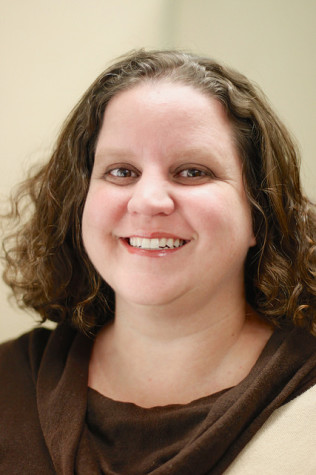


![Simmons said the biggest reasons for her success this year were “God, hard work, and trusting [her] coach and what she has planned.”](https://theeasterner.org/wp-content/uploads/2024/05/image1-1-1200x800.jpg)

